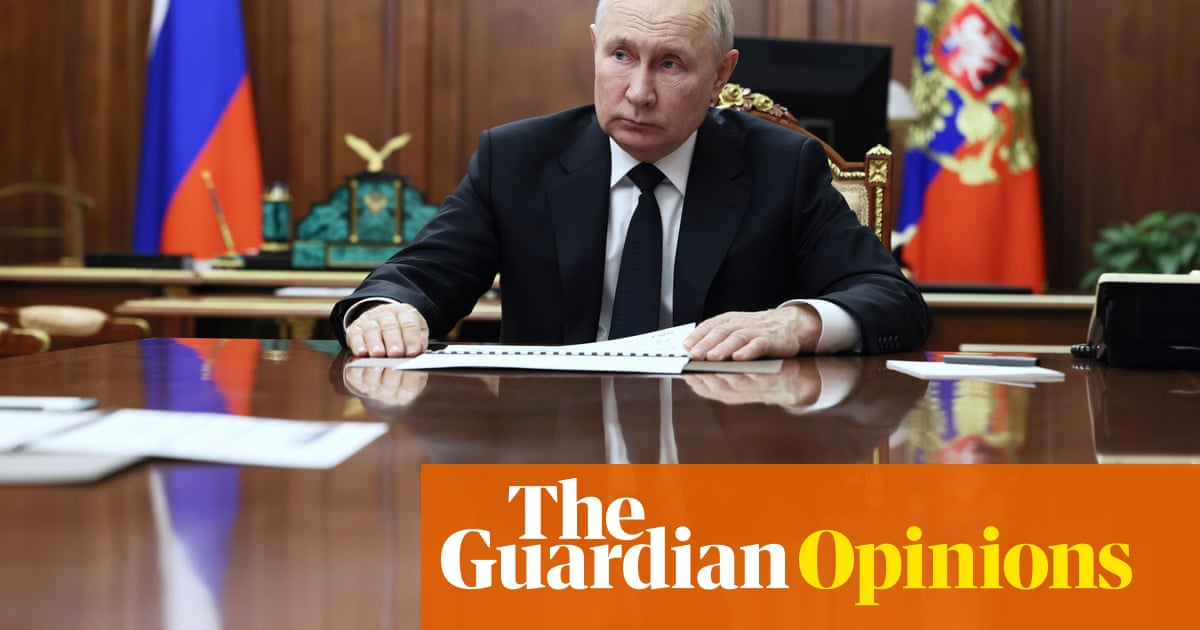
Author
Andrew Hammond
May 30, 2018 13:56
137
Vladimir Putin capped off an intensive period of Russian diplomacy at the weekend by agreeing with Japanese Prime Minister Shinzo Abe to renew efforts to sign a long-awaited post-Second World War peace treaty and accelerate economic cooperation. In the space of a week, the Russian president met with four leaders from the world’s top-10 economies, underlining that a key goal of the newly re-elected Putin is re-energizing relationships across the globe.
Almost two decades after first assuming power, Putin has restored Russia’s geopolitical prominence, including through gambits such as the annexation of Crimea and the Syria intervention. And this has — so far — played well for him domestically, helping him win a new six-year term of office.
Extraordinarily, by the mid-2020s he will have been in office for longer than all of the Soviet Union’s supreme leaders, except Joseph Stalin. This underlines the breadth of his popularity in much of Russia despite the significant criticism he gets abroad.
Yet, domestic popularity has been mirrored by frostier ties with leaders in multiple key countries, especially in the West. And a key question — now that Putin has won power till at least 2024 — is how much weight in the coming years he wants to put on rebuilding these relationships.
Early signs are that he recognizes the need to double down on diplomacy, and in the last 10 days he has met not just with Abe, but also French President Emmanuel Macron, German Chancellor Angela Merkel, and Indian Prime Minister Narendra Modi. And there are signs of renewed foreign interest in Russia too.
Take the example of last week’s St. Petersburg International Economic Forum, which attracted the biggest international line-up since before 2014 — when Russia was hit with sanctions over Crimea and Ukraine — with keynote speakers including not just Macron and Abe, but also Chinese Vice President Wang Qishan and International Monetary Fund boss Christine Lagarde. According to the Russian authorities, some 550 new business agreements worth about $38 billion were signed at the event.
The question of rebuilding Russia’s foreign relations is especially pressing with Europe after years of sanctions over Ukraine and Crimea; concerns over Moscow’s alleged extensive meddling in a suite of Western elections; plus the recent attempted murder in England of former Russian spy Sergei Skripal and his daughter, which has been widely blamed on Moscow. To this end, Putin met not just with Macron last Thursday and Friday, but also Merkel to try — in the French president’s words — to work “hand-in-hand (to end) one of the most difficult periods of our history.”
In the coming years, perhaps the biggest area of continuing Russian foreign policy uncertainty is over its relations with the US.
Andrew Hammound
While the mood music between Russia and Europe is still tense, there are some signs there may be a political window of opportunity to partially rebuild relations. In part, this comes in the context of US President Donald Trump’s decision to withdraw from the Iran nuclear deal, which is opposed by Putin, Macron, Merkel and other European leaders, and this issue therefore provides a new platform for constructive engagement between them.
Outside of Europe, Putin is also cultivating enhanced ties with key Asia-Pacific countries, from China to India and Japan. In his weekend meetings with Abe, Putin agreed to foster joint economic activities in the disputed islands off Japan’s northernmost main island of Hokkaido, which were seized by the former Soviet Union at the end of the Second World War. These islands are now controlled by Moscow, but claimed by Tokyo, and both appear to want to see progress toward a peace treaty settlement on this issue.
In the coming years, perhaps the biggest area of continuing Russian foreign policy uncertainty is over its relations with the US. Putin and Trump had hoped for a rapprochement, yet developments in 2017 and 2018, including the pressure the White House is under relating to the congressional and FBI investigations into alleged collusion with Moscow during the 2016 US presidential campaign, may have destroyed the potential window of opportunity for this to happen.
Putin said at the weekend he has had little contact with Trump and that “we are hostages to internal strife in the United States. I hope that it will end some day and the objective need for the development of Russian-American relationships will prevail.”
However, it is not only the domestic US pressures Putin referred to that are complicating ties. There have also been tensions between Moscow and Washington over the Middle East, including after US-led missile strikes in Syria this year and last year following poison gas attacks committed by the Damascus regime, which is propped up by Putin.
Last year, US Defense Secretary James Mattis and then-Secretary of State Rex Tillerson were especially forceful in their criticism of Moscow, with the latter saying that “either Russia has been complicit or simply incompetent” in Syria. The spike in Washington-Moscow tensions then even saw Russian Prime Minister Dmitry Medvedev saying the two countries were “one step away from military clashes” and had “completely ruined” relations.
Taken overall, Putin’s re-election has seen Moscow doubling down on diplomacy to try to rebuild relationships, especially with Europe. With the proposed US-Russia rapprochement looking increasingly uncertain, Putin may now place greater emphasis on Asia, including Japan, China and India.
Andrew Hammond is an Associate at LSE IDEAS at the London School of Economics
Disclaimer: Views expressed by writers in this section are their own and do not necessarily reflect Arab News" point-of-view











